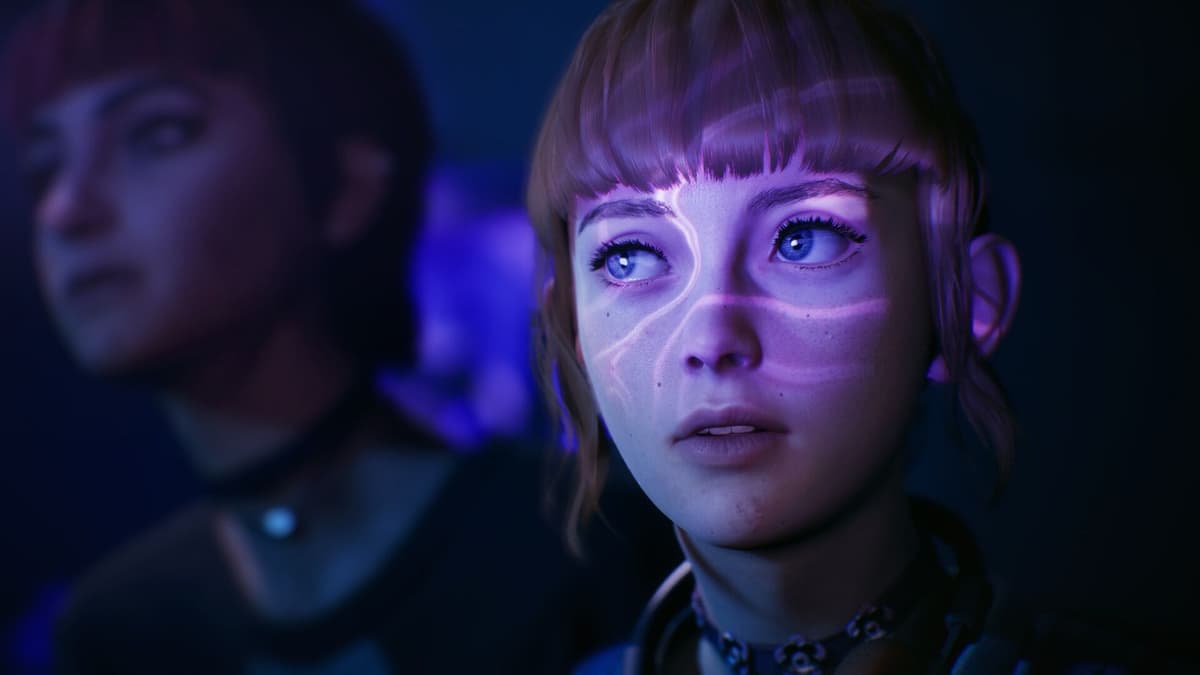
This caught my attention because Don’t Nod is one of the few studios that can still make a choice-driven narrative hit feel personal, not algorithmic. But passion alone doesn’t pay salaries. After Lost Records: Bloom & Rage launched with “initial sales in line” yet still missed internal targets, the studio booked a €13.1 million impairment and tightened the belt. Now the path forward is clearer: a narrative game based on a major Netflix IP and Aphelion, due in 2026, launching via ID@Xbox and day one on Xbox Game Pass. That’s not just a pivot; it’s a survival strategy.
“Restructuring,” “layoffs,” and a €13.1m impairment aren’t just corporate buzzwords—they’re a loud signal that Lost Records underdelivered financially. That stings, especially after Don’t Nod spent the last few years rebuilding its reputation with the serene Jusant and the more divisive Banishers: Ghosts of New Eden. Lost Records aimed to recapture that Life is Strange magic, but nostalgia doesn’t guarantee a hit, and the market for premium narrative games is a tougher sell without a viral hook or a platform boost.
The takeaway: the studio needs cash flow and certainty. You don’t sign a large licensing deal and push your next original project into a subscription ecosystem unless you’re trying to stabilize revenue and smooth out risk. This isn’t selling out—it’s staying alive long enough to make the next great story.
Don’t Nod developing a narrative game for a “major” Netflix franchise makes perfect sense on paper. The studio’s superpower is empathetic characters and meaningful choices; Netflix brings a massive audience and a brand people already care about. Fans are already guessing Stranger Things, but nothing’s confirmed. Whatever the IP, the pitch is clear: use a familiar world to onboard millions who might never pick up a Don’t Nod game otherwise.

The risk is obvious too. Licensed games can feel like creative straitjackets if the brand bible overrides the writers’ instincts. Don’t Nod’s best work—think Life is Strange’s small-town messiness and time-twist morality—thrives on nuance, not committee-approved plot beats. If Netflix lets them be themselves, this could be a win. If it’s just “press X to remember the show,” we’ll all bounce in an evening.
One practical question: platforms. Netflix’s games strategy has ranged from mobile offerings to cloud experiments, but the announcement doesn’t confirm where this will live. If the game is tied to Netflix’s ecosystem, that’s great for subscriber reach but could be awkward for PC and console loyalists unless there’s a broader release plan. Until we see platforms and scope, keep expectations measured.
Aphelion is slated for 2026 under the ID@Xbox program and will hit Xbox Game Pass day one. That wording matters. ID@Xbox suggests a leaner production and closer platform partnership. Day-one Game Pass is a double-edged sword: it can supercharge discovery—Jusant benefited massively from that spotlight—but it can also flatten premium sales unless the title spreads to PC and PlayStation with a well-timed marketing beat.
For narrative games, Game Pass can be gold. Players try them on a whim, word of mouth snowballs, and suddenly a smaller project has cultural relevance it couldn’t buy. The trade-off is monetization: you rely on the platform deal and long-tail exposure rather than front-loaded purchases. Given the write-down, Don’t Nod choosing certainty over gambling on full-price units reads like a rational, maybe necessary, choice.
As someone who still thinks about that final decision in Life is Strange, I want Don’t Nod’s comeback to be about bold storytelling, not IP cosplay. Here’s what matters next:
There’s real reason for optimism. Don’t Nod has proven they can stretch—Jusant’s wordless climbing, Vampyr’s messy morality, Banishers’ emotional stakes—without losing their human touch. Pair that with Netflix’s reach and Game Pass’s frictionless sampling, and you’ve got a plausible route back to cultural relevance and financial stability.
Don’t Nod took a €13.1m hit after Lost Records missed targets, and now they’re playing for keeps: a licensed narrative game with Netflix and Aphelion launching day one on Xbox Game Pass in 2026. If Netflix gives them room to be themselves and Aphelion lands with the right scope, this could be a genuine reset—not just a stopgap.
Get access to exclusive strategies, hidden tips, and pro-level insights that we don't share publicly.
Ultimate Gaming Strategy Guide + Weekly Pro Tips